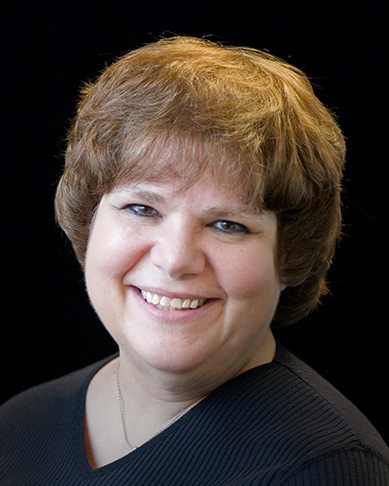When Jeff was fourteen, his mom took him to see a famous singer. Like many musicians of his era, B. J. Thomas had gotten caught up in a self-destructive lifestyle while on music tours. But that was before he and his wife were introduced to Jesus. Their lives were radically changed when they became believers in Christ.
On the night of the concert, the singer began to entertain the enthusiastic crowd. But after performing a few of his well-known songs, one guy yelled out from the audience, “Hey, sing one for Jesus!” Without any hesitation, B. J. responded, “I just sang four songs for Jesus.”
It’s been a few decades since then, but Jeff still remembers that moment when he realized that everything we do should be for Jesus—even things that some might consider to be “non-religious.”
We’re sometimes tempted to divvy up the things we do in life. Read the Bible. Share our story of coming to faith. Sing a hymn. Sacred stuff. Mow the lawn. Go for a run. Sing a country song. Secular stuff.
Colossians 3:16 reminds us that the message of Christ indwells us in activities like teaching, singing, and being thankful, but verse 17 goes even further. It emphasizes that as God’s children, “whatever [we] do, whether in word or deed, [we] do it all in the name of the Lord Jesus.”
We do it all for Him.
